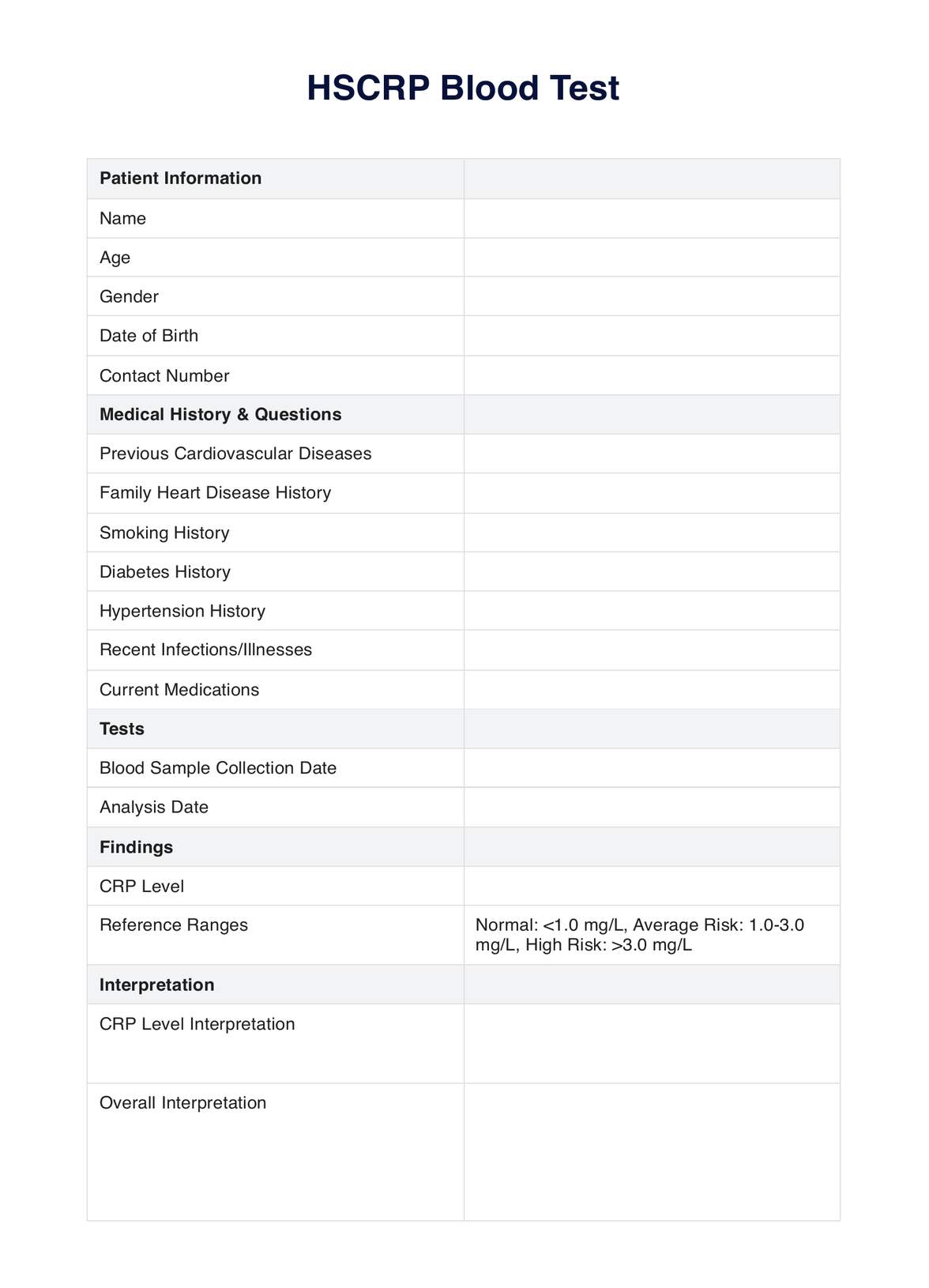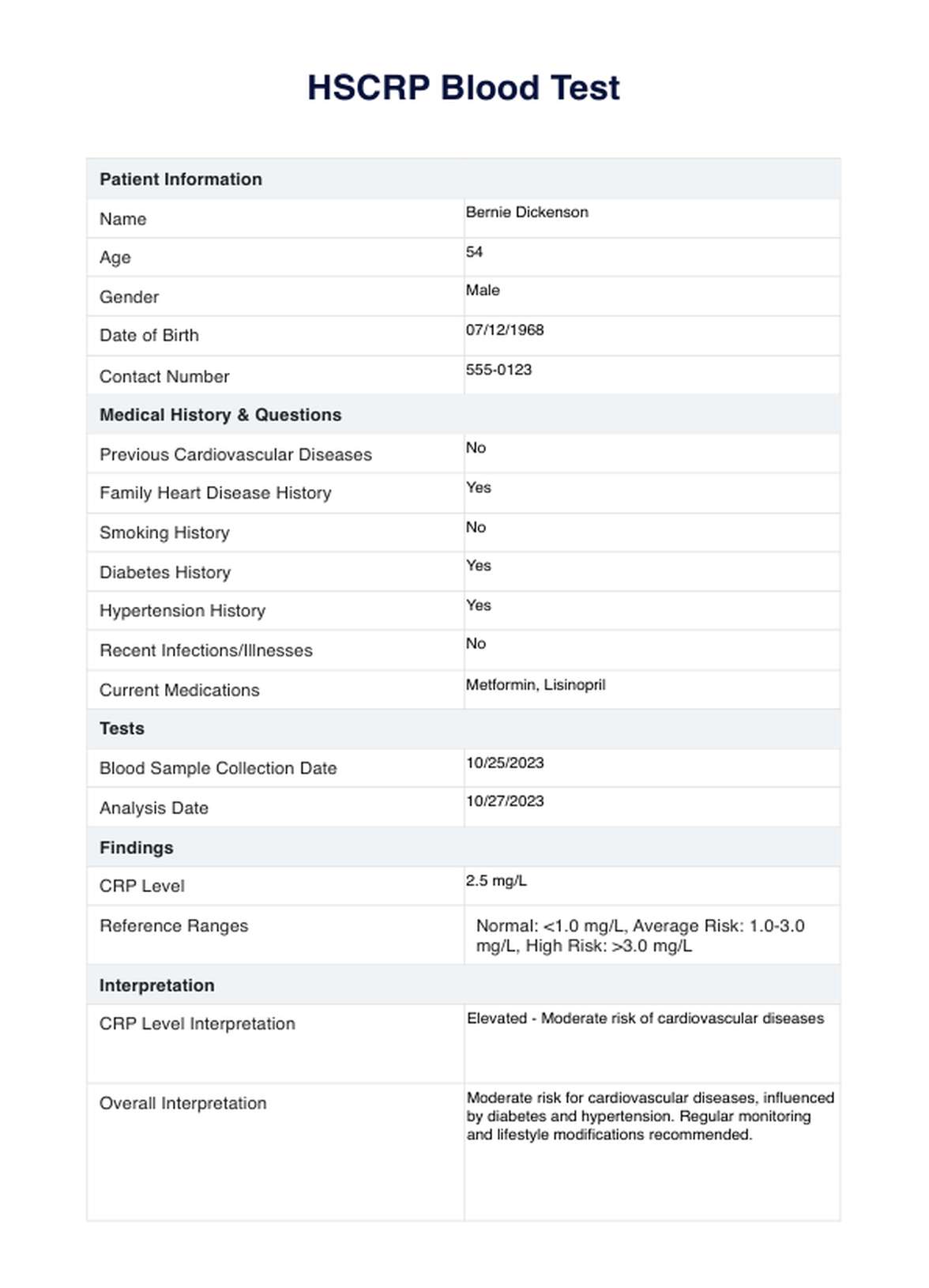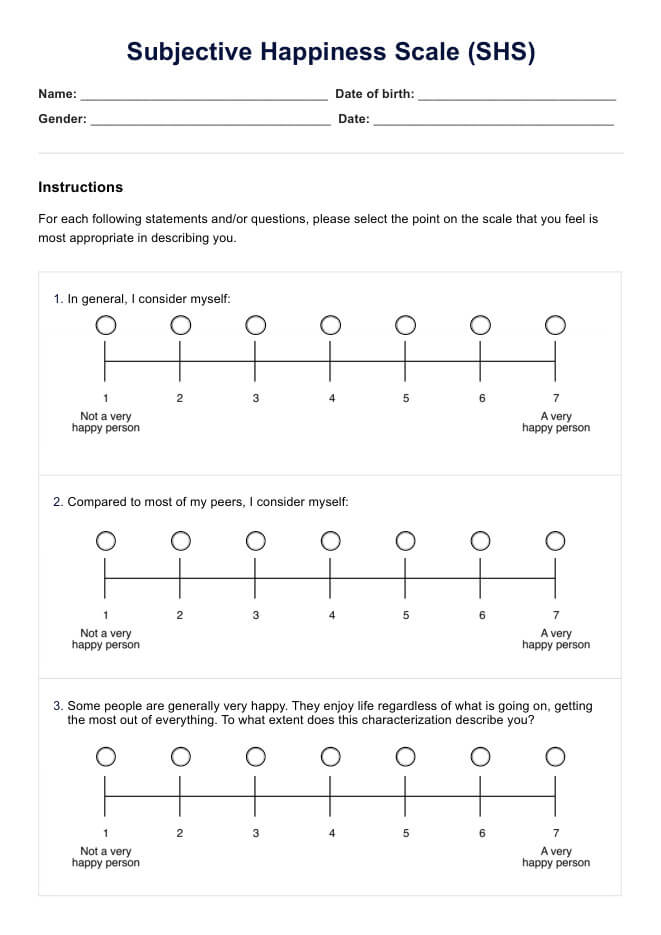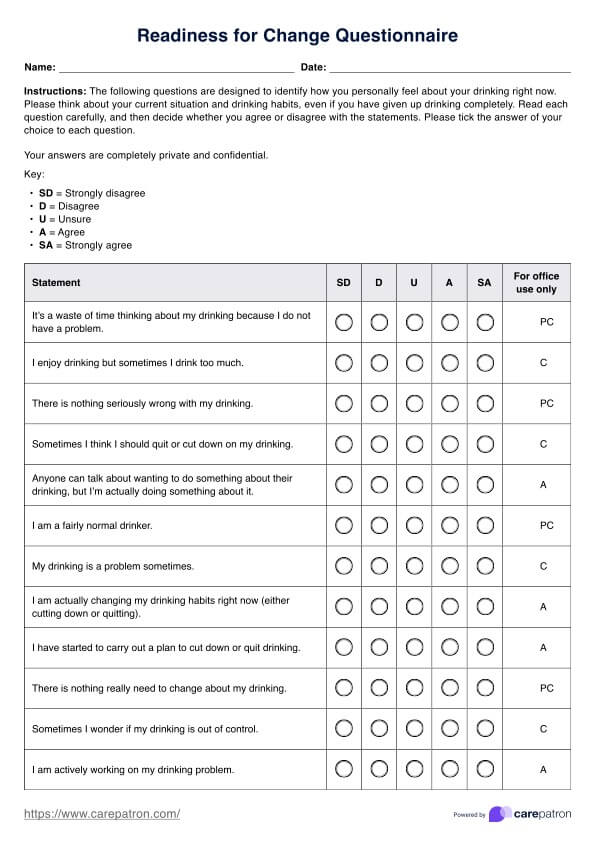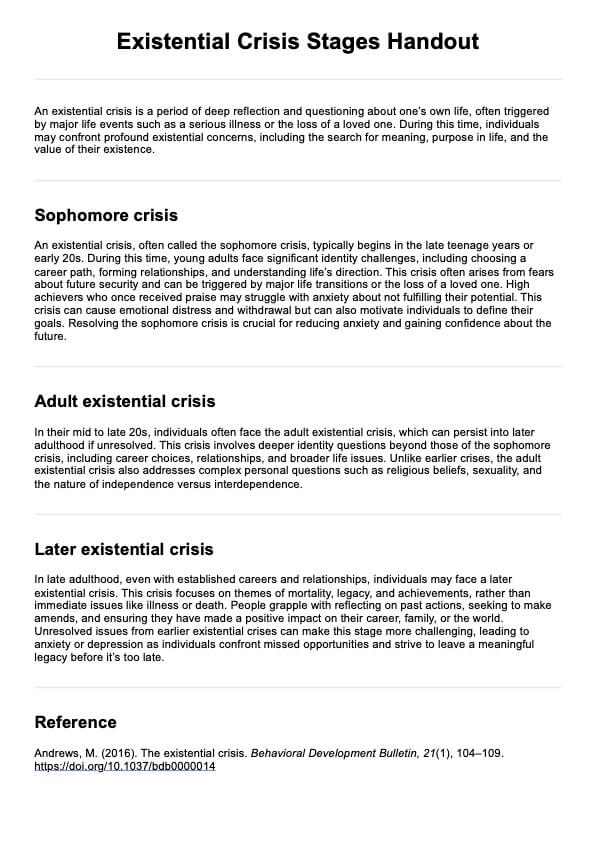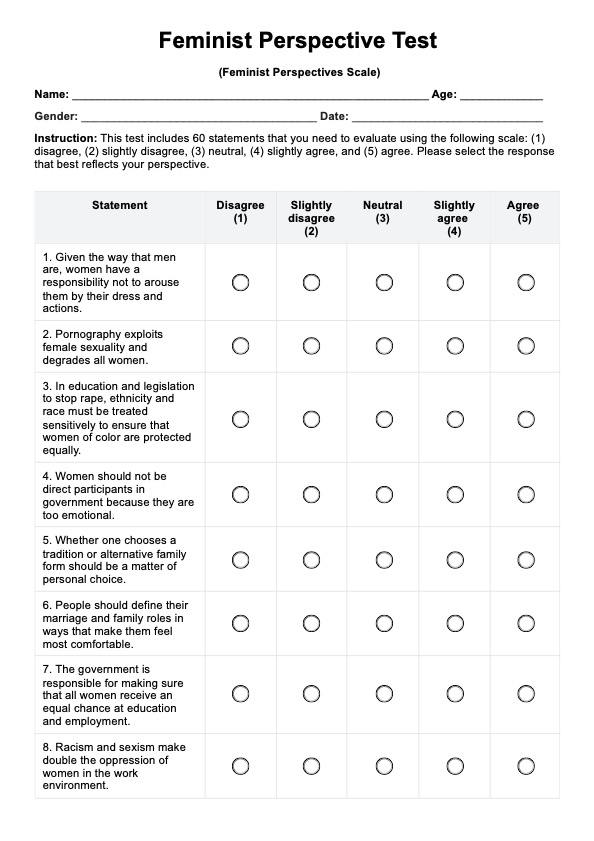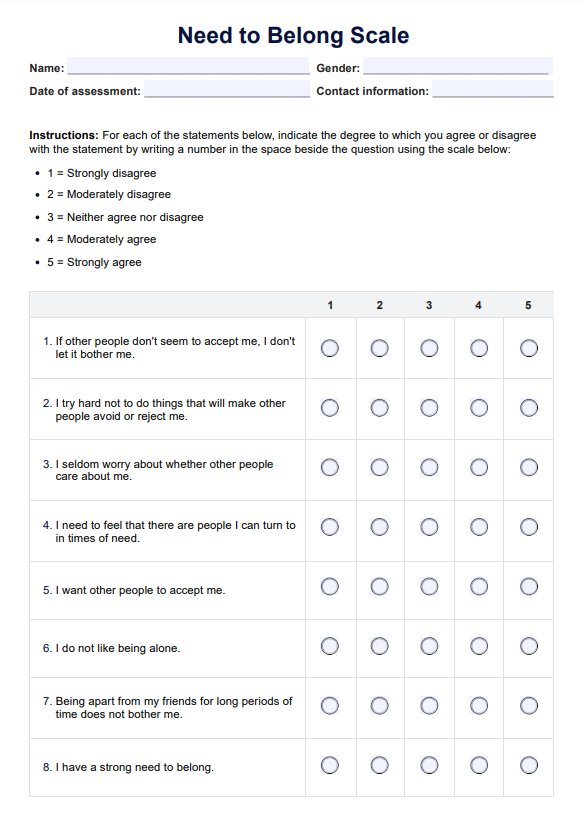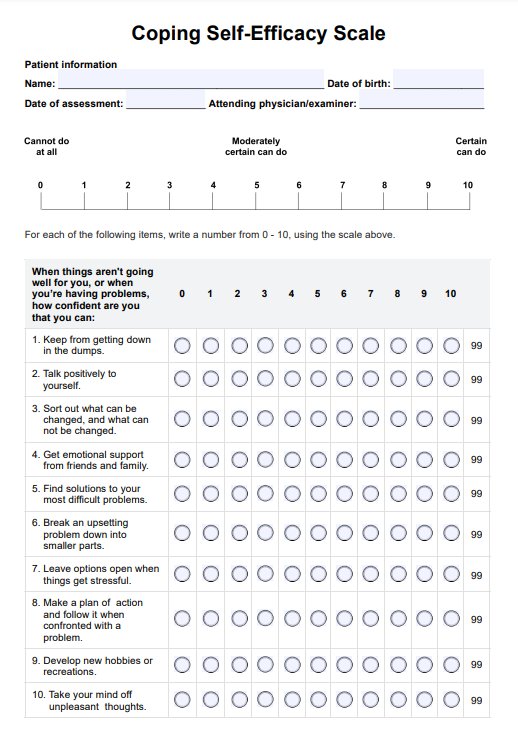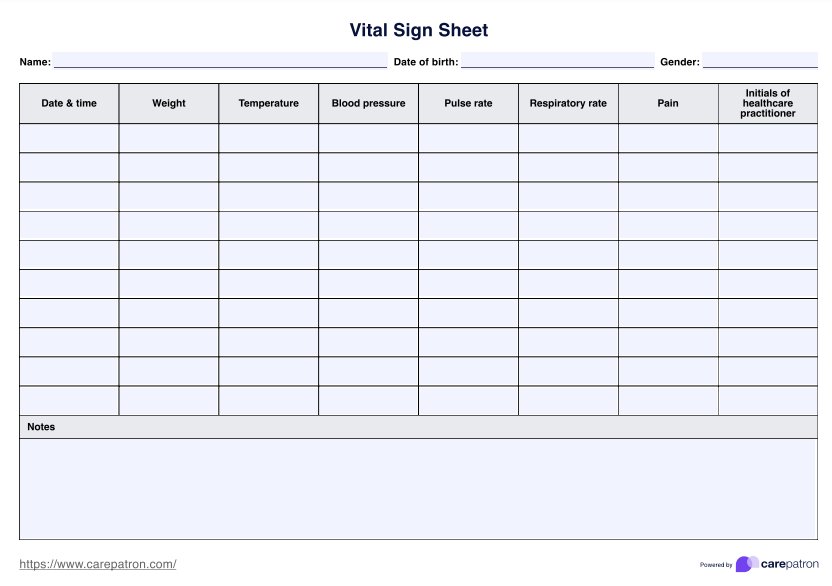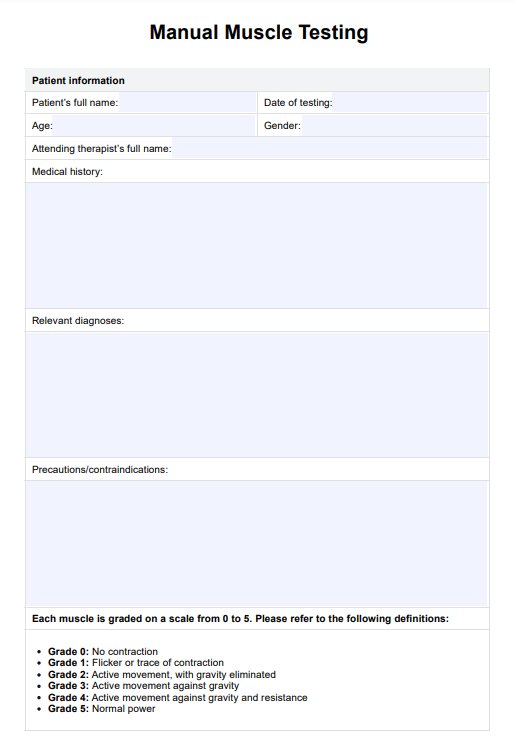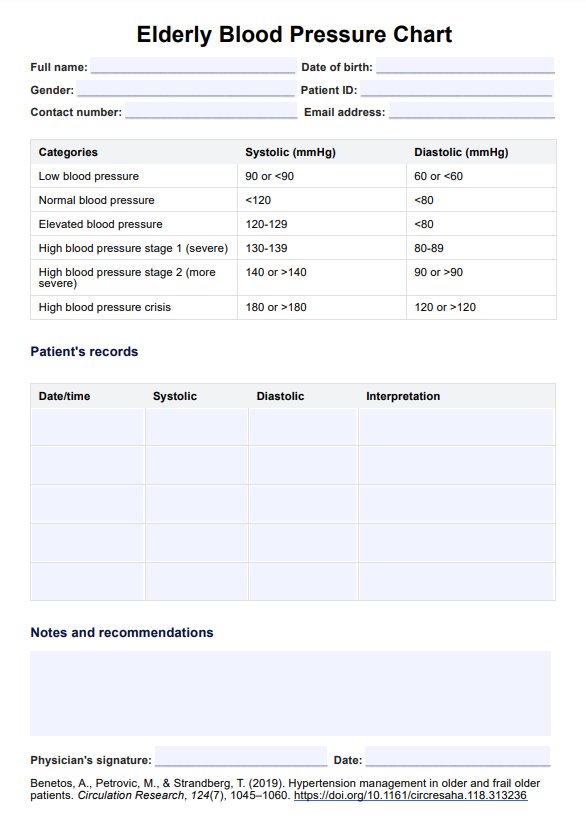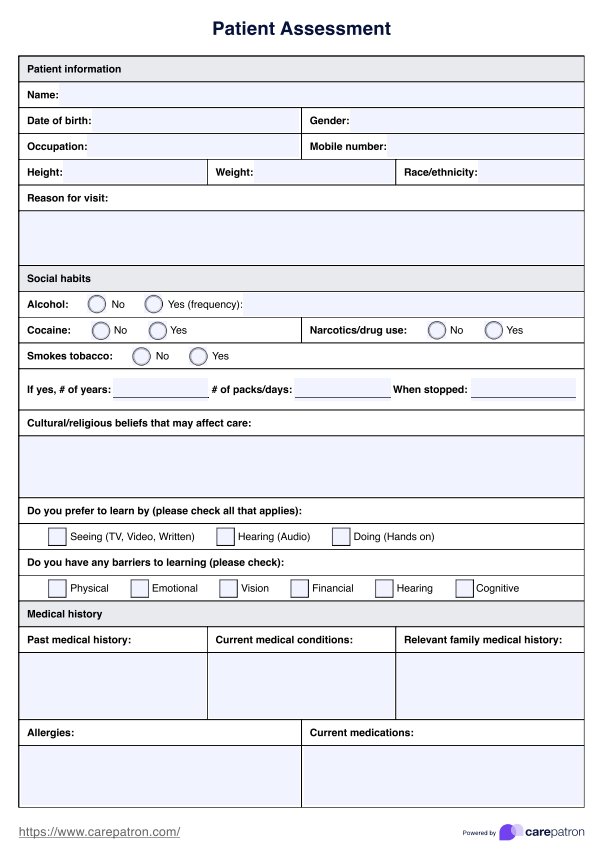HSCRP Blood
Discover Carepatron, the ultimate HSCRP blood test app for healthcare professionals. Secure, efficient, and user-friendly – elevate your practice today!


What is a HSCRP Blood Test?
In the realm of healthcare, precision and accuracy are paramount. This is where the High Sensitivity C-Reactive Protein (HSCRP) blood test plays a crucial role. The HSCRP test is a highly sensitive measurement that detects low levels of C-reactive protein (CRP) in the blood. CRP is a protein produced by the liver in response to inflammation, and its levels in the blood can indicate the presence of inflammatory diseases, infections, and other health conditions.
For healthcare professionals, the HSCRP test is an invaluable tool. It aids in assessing the risk of cardiovascular disease, monitoring chronic inflammatory conditions, and evaluating the effectiveness of treatments. In a landscape where early detection can significantly alter patient outcomes, the HSCRP test stands as a beacon of proactive healthcare management.
Our guide, HSCRP Blood Test, is designed to offer healthcare professionals a comprehensive understanding of this test. It includes a detailed overview of the test, its clinical significance, and how to interpret its results. The guide also features a free downloadable PDF, providing a practical resource for clinicians to reference in their practice.
This test is more than just a diagnostic tool; it's a window into the patient's health, offering insights to guide treatment decisions and patient care strategies. As healthcare professionals, embracing such tools is pivotal in our journey to provide compassionate, informed, and effective care to those who entrust us with their health.
HSCRP Blood Template
HSCRP Blood Example
How to Use the HSCRP Blood Test
Healthcare professionals play a crucial role in interpreting and utilizing the HSCRP Blood Test to assess cardiovascular risk in patients. This guide outlines the steps to use this test effectively.
Gather Patient Information
Collect comprehensive patient information, including name, age, gender, and contact details. This data forms the basis for personalized care and follow-up.
Review Medical History
Examine the patient's medical history, focusing on cardiovascular diseases, family history, lifestyle factors like smoking, and existing conditions such as diabetes or hypertension.
Conduct the Test
Ensure the blood sample is collected and analyzed correctly. The date of collection and analysis should be accurately recorded for reference.
Interpret Findings
Compare the CRP level obtained from the test with the reference ranges to categorize the patient's cardiovascular risk level. This interpretation is vital for subsequent medical advice.
Provide an Overall Interpretation
Give an overall cardiovascular risk assessment based on the CRP level and patient history. This should guide the patient's treatment plan and lifestyle recommendations.
Document and Sign
Complete the form with the healthcare professional's signature, name, and date to validate the assessment.
The HSCRP Blood Test is a valuable tool in cardiovascular risk assessment. Proper execution and interpretation of this test can significantly impact patient outcomes, emphasizing the importance of each step in this process.
When Would You Use This Form?
The HSCRP Blood Test form is critical for healthcare professionals in various scenarios. This section outlines the appropriate situations for its use.
Routine Health Check-ups
Incorporate this test in regular health assessments, especially for patients over 40 or those with a family history of heart disease, to monitor cardiovascular risk factors.
Patients with Symptoms of Heart Disease
Use this form for patients presenting symptoms of cardiovascular issues, such as chest pain, shortness of breath, or extreme fatigue.
Post-Treatment Monitoring
This test is essential for patients recovering from heart-related surgeries or treatments to monitor their progress and adjust treatment plans accordingly.
Lifestyle Risk Assessment
In cases where patients have lifestyle factors like smoking, obesity, or a sedentary lifestyle, this test helps assess the impact of these factors on their heart health.
Family History of Cardiovascular Diseases
Patients with a family history of heart disease should undergo this test regularly as part of preventive healthcare.
In conclusion, the HSCRP Blood Test form is versatile and crucial in various clinical settings. Its use extends from routine check-ups to more specific cardiovascular risk assessment scenarios, making it an indispensable tool for healthcare professionals.
What Do the Results Mean?
Understanding the results of the HSCRP Blood Test is critical to effective patient management. This section explains the common results and their implications.
Normal Range
A CRP level within the normal range generally indicates a low risk of cardiovascular diseases. This is reassuring, but regular monitoring is still advised.
Moderate Risk Range
CRP levels in the moderate risk range suggest a higher likelihood of cardiovascular problems. This necessitates closer monitoring and possibly lifestyle changes or medication.
High-Risk Range
A high CRP level is a strong indicator of significant cardiovascular risk. This often calls for immediate medical intervention and comprehensive lifestyle modifications.
In summary, the results of the HSCRP Blood Test provide valuable insights into a patient's cardiovascular health. Interpreting these results accurately is crucial for devising appropriate treatment plans and lifestyle recommendations, ultimately contributing to better patient outcomes. This test is a vital component in the arsenal of tools healthcare professionals use to combat heart diseases.
Research & Evidence
The clinical utility and history of the high-sensitivity C-reactive protein (hsCRP) blood test, particularly in cardiovascular disease, have been the subject of extensive research. The hsCRP test is recognized for predicting cardiovascular events and managing cardiovascular diseases.
- Generalizability of Cardiovascular Disease Clinical Prediction Models: This study by Gulati et al. (2022) highlights the importance of clinical prediction models (CPMs) in patient care, especially in cardiovascular disease. It underscores the need for external validation of these models to ensure their effectiveness in different patient cohorts. The study's findings emphasize the significance of hsCRP as a biomarker in cardiovascular disease management (Gulati et al., 2022).
- Clinical Utility of Circulating Cell Division Control 42 in Coronary Artery Disease: Wu et al. (2023) explored the prognostic role of CDC42 in coronary artery disease, indirectly highlighting the importance of biomarkers like hsCRP in cardiovascular disease management. This study adds to the body of evidence supporting the use of specific biomarkers in predicting and managing cardiovascular events (Wu et al., 2023).
- Predictable Biomarkers in Early Detection of Cardiovascular Events in Chronic Kidney Disease: Durgaprasad et al. (2022) focused on the role of predictable biomarkers, including hsCRP, in early cardiovascular events in patients with chronic kidney disease. This study further validates the clinical utility of hsCRP in a broader spectrum of diseases, including chronic kidney disease (Durgaprasad et al., 2022).
- Visualization of Cardiac Fibroblast Activation Protein Activity in Cardiovascular Disease: Lyu et al. (2022) conducted a clinical study on the relationship between cardiac fibroblast activation protein activity and cardiovascular disease. This research contributes to understanding the complex interplay of various biomarkers, including hsCRP, in the pathophysiology of cardiovascular diseases (Lyu et al., 2022).
References
Durgaprasad, B., Malla, R., Lahari, B. D., Vijayalakshmi, P., Guntoory, I., & Kalyan, K. V. (2022). Role of predictable biomarkers in early detection of cardiovascular events in Chronic Kidney Disease III and IV. Central European Journal of Immunology, 47(3), 1-9. https://dx.doi.org/10.2478/cipms-2022-0019
Gulati, G., Upshaw, J., Wessler, B., Brazil, R., Nelson, J., van Klaveren, D., Lundquist, C., Park, J. G., McGinnes, H., Steyerberg, E., Van calster, B., & Kent, D. (2022). Generalizability of Cardiovascular Disease Clinical Prediction Models: 158 Independent External Validations of 104 Unique Models. Circulation: Cardiovascular Quality and Outcomes, 15(3), e008487. https://dx.doi.org/10.1161/CIRCOUTCOMES.121.008487
Lyu, Z., Han, W., Zhao, H., Jiao, Y., Xu, P., Wang, Y., Shen, Q., Yang, S., Zhao, C., Tian, L., & Fu, P. (2022). A clinical study on relationship between visualization of cardiac fibroblast activation protein activity by Al18F-NOTA-FAPI-04 positron emission tomography and cardiovascular disease. Frontiers in Cardiovascular Medicine, p. 9, 921724. https://dx.doi.org/10.3389/fcvm.2022.921724
Wu, L., Li, H., Chen, H., Fan, C., Lu, Y., Wei, R., Yang, G., & Jia, Y. (2023). The clinical utility of circulating cell division control 42 in small-vessel coronary artery disease patients undergoing drug-coated balloon treatment. *BMC Cardiovascular Disorders, 23
Commonly asked questions
Carepatron employs advanced security measures to keep all patient data confidential and secure. The platform adheres to strict privacy policies and uses encryption to protect sensitive information.
Yes, Carepatron is designed for easy integration with various healthcare systems. This interoperability ensures a smooth workflow and efficient data management across different platforms.
Carepatron is versatile and scalable, making it suitable for healthcare practices of any size. Whether you run a small clinic or a large hospital, Carepatron can be tailored to meet your needs.


